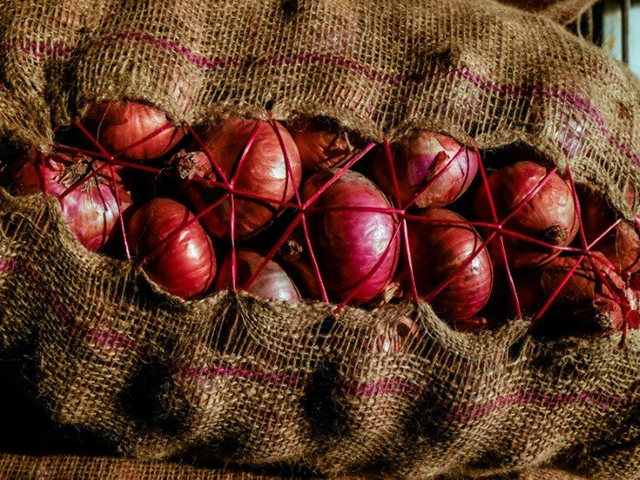Philippine lawmaker Stella Quimbo told an agriculture committee hearing on Thursday that secret cartels could be responsible for the sky-high price of onions, which cost about 457 percent more than the global average in the Philippines.
Some factors in the high price of onions are obvious enough – they are in very high demand, typhoon season can be rough on onion crops, and the agricultural policies of President Ferdinand Marcos, Jr. appear to have underestimated both demand and supply problems. Onions now cost more in the Philippines than meat.
Quimbo, who sits on the Philippine House budget committee and teaches economics at the University of the Philippines, is not the first to suggest an organized effort to manipulate onion prices could also be a factor. The Philippine Agriculture Department said in September that a criminal syndicate could be hoarding onions to drive prices up.
As quoted by Coconuts Manila, Quimbo argued that the discrepancy between onion supplies and prices was simply too small to explain the incredible price increase:
Figures from the Department of Agriculture show that the demand for onions was 363,937 metric tons, while its supply was around 338,354 metric tons.
“At the end of the day, if we cannot explain price movements, then the only answer is cartels,” the Marikina representative said while reacting to a presentation by the Department of Agriculture – Bureau of Plant Industry Director Glenn Panganiban. Panganiban said that he could not confirm the existence of cartels but agreed that someone was manipulating the onion supply.
“The answer really boils down to cartels. That’s it,” Quimbo insisted. “There just has to be artificial manipulation of prices because the market cannot explain why the prices were adjusted like that.”
Coconuts Manila cited complaints from Filipino farmers that supplies might have been choked off by this shadowy syndicate in order to force the Philippines to begin importing large quantities of onions, giving foreign traders an opportunity to “strong-arm” their way into the domestic market.
The UK Guardian noted on Wednesday that at least one form of organized criminal activity has verifiably sprouted in the Philippines: onion smuggling. Filipino authorities seized about $11 million worth of onions last year from smugglers who hid them in shipments of clothing, household items, and other foods.
Ten crew members from Philippine Airlines are currently under investigation for stuffing 27 kilograms of onions into their luggage during a flight to the Middle East in early January. The airline condemned their actions and launched its own investigation, with a promise of “appropriate disciplinary sanctions” for any customs violations.
The Guardian quoted analysts who doubted the cartel explanation. Instead, they pointed to how severely Marcos, Jr. has bungled agricultural policies since he named himself agriculture commissioner, resulting in shortages and high prices for other stables like eggs and sugar. They also noted that distribution became problematic during the coronavirus pandemic, as small growers and distributors were driven out of business, leaving bigger companies in command of the market.

COMMENTS
Please let us know if you're having issues with commenting.